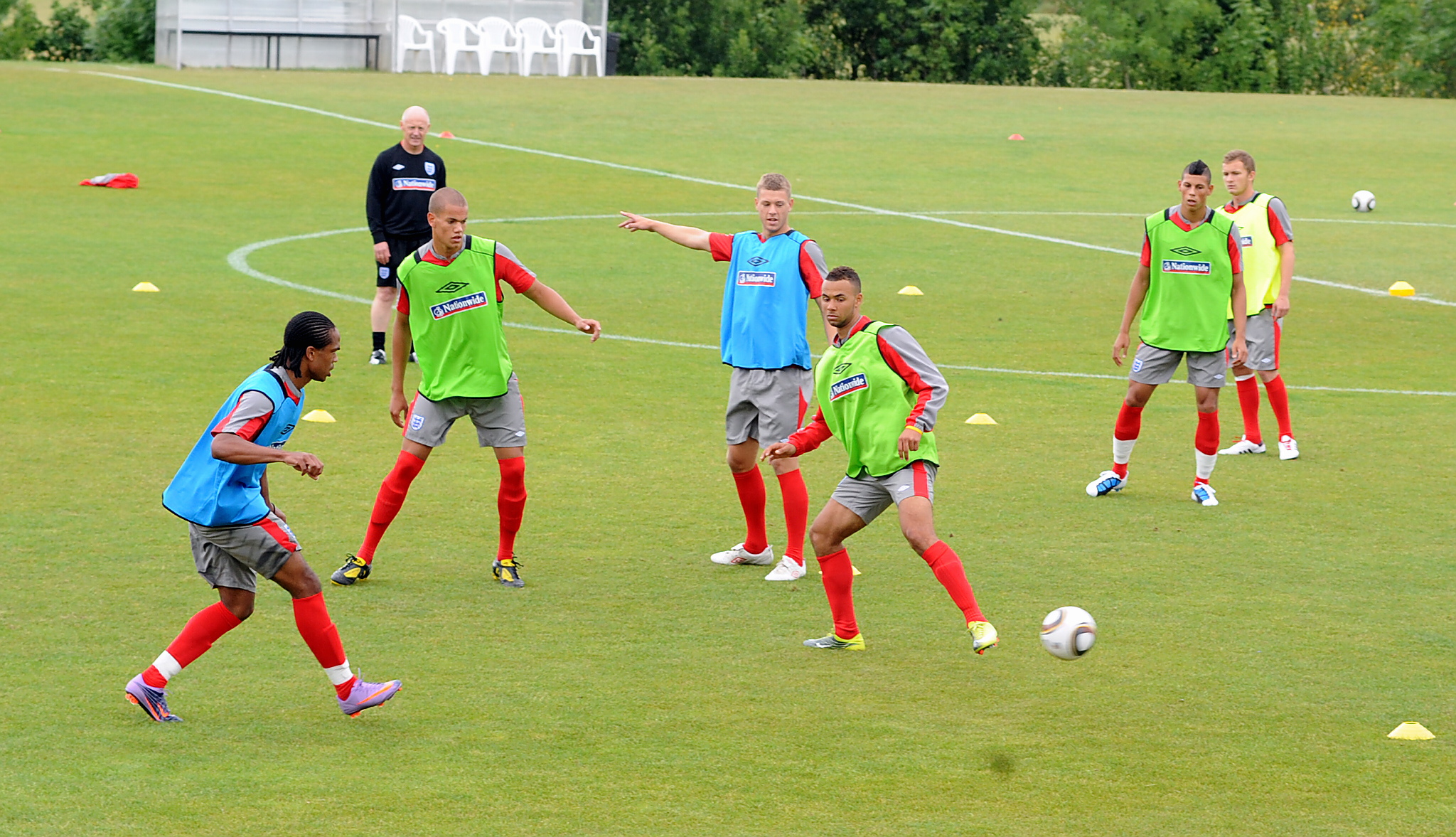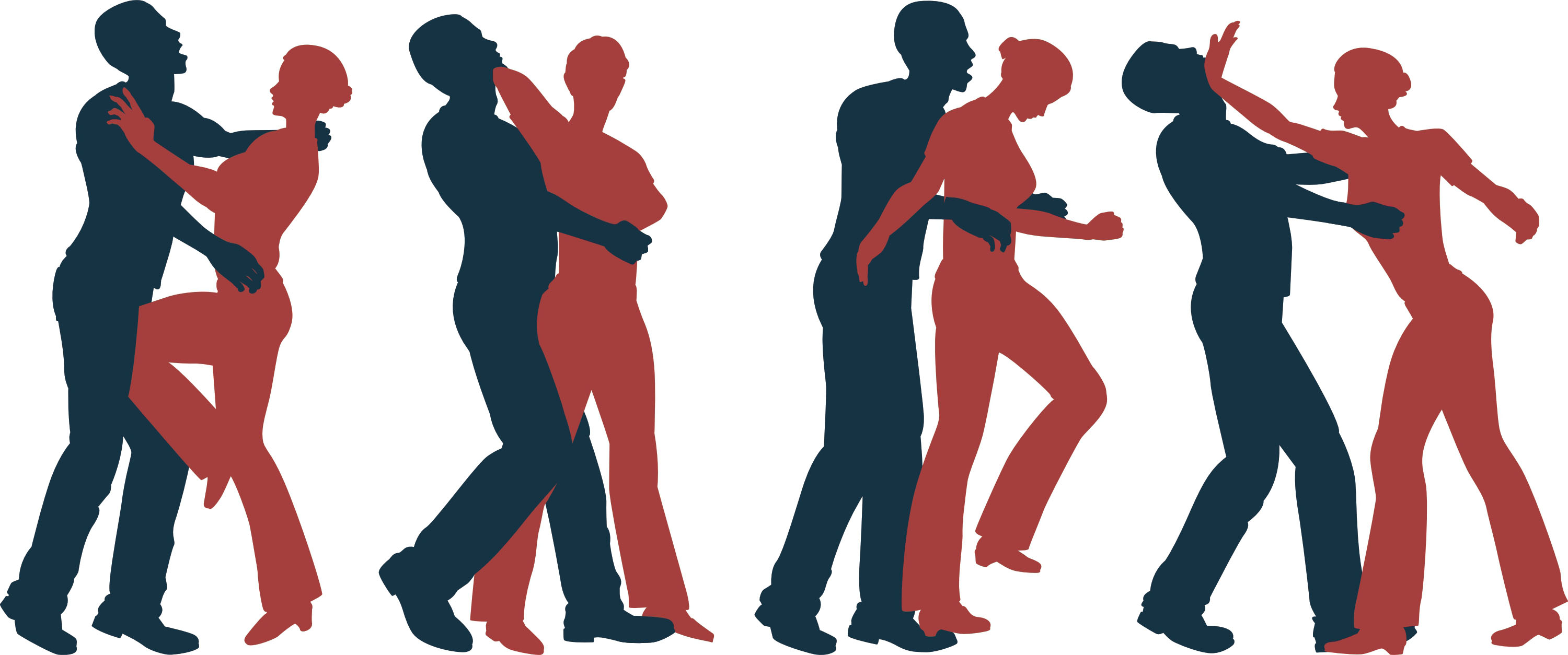All of us here love the sport of hockey. We each have our
own reasons—the speed, the skill, the strategy, the strength, or that something
else—that attract us to the game time and again, what we may not realize,
though, is how important a game like hockey can be to the children of our
lives.

Hockey benefits a child in a myriad of ways, including
physically, emotionally and mentally.
1.
Hockey is fantastic exercise. Hockey is one of the best
cardiovascular games you can play. Alternating between skating and rest (what
is known as interval training in the fitness world) improves the efficiency of
the cardiovascular system, allowing it to bring oxygen to the muscles more
quickly. It also helps to prevent injuries that often come with other sports
that engage in repetitive movements. Playing hockey burns a ton of calories.
Many children are facing problems with weight and diabetes as a result of
eating foods that are high on taste, but low on nutrition. Playing hockey one
or two times a week can offset those foods kids enjoy so much and give them the
energy and desire to go outside instead of laying on the couch. Hockey requires
a high level of coordination; regularly playing can develop a child's gross
motor skills, which leads to improvement with the more difficult fine motor
skills, and improves eye-hand coordination, which can translate to a better
understanding of spatial relationships. It also requires strength, something
that can benefit a child in whatever activity he or she pursues. Stronger muscles
improve endurance and create stronger bones.

 2.
Hockey builds character. Since hockey is a team sport,
children who play learn the value of working with others. They figure out how
to rely on teammates and understand that cooperation is key to success. Children
on hockey teams experience a team spirit that encourages trust, responsibility
and sportsmanship. These lessons extend into adulthood as teammates turn into
coworkers, coaches become bosses, and teams become the companies for which they
work .
An often overlooked benefit of team sports, including hockey, is developing the
ability to accept the highs and lows in life with poise and balance.
Experiencing the wins and losses that come with hockey helps a child deal with
the wins and losses in life all that much better. Hockey also promotes a strong
sense of self, a positive self-esteem and pride. Utilizing positive self-talk
and managing stress help balance a child's outlook on life.
2.
Hockey builds character. Since hockey is a team sport,
children who play learn the value of working with others. They figure out how
to rely on teammates and understand that cooperation is key to success. Children
on hockey teams experience a team spirit that encourages trust, responsibility
and sportsmanship. These lessons extend into adulthood as teammates turn into
coworkers, coaches become bosses, and teams become the companies for which they
work .
An often overlooked benefit of team sports, including hockey, is developing the
ability to accept the highs and lows in life with poise and balance.
Experiencing the wins and losses that come with hockey helps a child deal with
the wins and losses in life all that much better. Hockey also promotes a strong
sense of self, a positive self-esteem and pride. Utilizing positive self-talk
and managing stress help balance a child's outlook on life.
3.
Hockey improves mental agility. Hockey is a fast sport. Plays develop
in seconds, and momentum can shift in the blink of an eye. A child who can
learn how to operate in that sort of environment will improve his or her
ability to make quick decisions and think on his own feet. Concentration is also
improved; being able to concentrate while playing will make it easier to
concentrate while learning. It's also a sport of strategy. Understanding how
one event can lead to—or even create—another is essential to life success. When
a child develops the skills to do that on the ice, that child can then
translate the skills to life. Children also learn how to use mental imagery, a
skill that can aid in understanding how to do something. Mental imagery is also
frequently used by adults to achieve goals.
Research has shown that kids who play hockey at a young
age are more likely to continue to play that sport throughout their lives. In
fact, youth hockey players are three times more likely than basketball players
and nearly two times more likely than baseball, soccer or football players to
go on to play the sport in college .
By putting a child in a hockey program, you are creating a lifelong enthusiast
and health-oriented individual.

Below are our expert recommendations for Hockey :
1) Click here. Hockey Goalies And Skaters Need Different Types Of Off Ice Training.
1) Click here. Hockey Goalies And Skaters Need Different Types Of Off Ice Training.
2) Click here. Hockey Development Expert Reveals his Secret Off-Ice Training System to Creating Explosive Players with Incredible Stamina!
3) Click here. When You Invest In The Hockey Speed and Power Training Program You’ll Be Getting the training manual that was originally prepared for the Oshawa Generals of the Ontario Hockey League. Since then it’s been refined and updated and the result is a training program that produces faster, stronger, and generally dominant hockey players.
4) Click here. The secret to becoming a fast, strong, dominant ice hockey player!
5) Click here. The World's Top Experts On Hockey Development And Human Performance Training Contribute To This Incredible Coaching Program For Hockey Players And Coaches, Which Includes In-depth Information On Hockey Training, Nutrition, And Approaching Scouts/coaches
If you have found this blog helpful to you in any way , please share it on facebook,google+,whatsapp,twitter , also like and share our facebook page https://www.facebook.com/innovativemarvels to get notifications on every new post posted on this blog



















